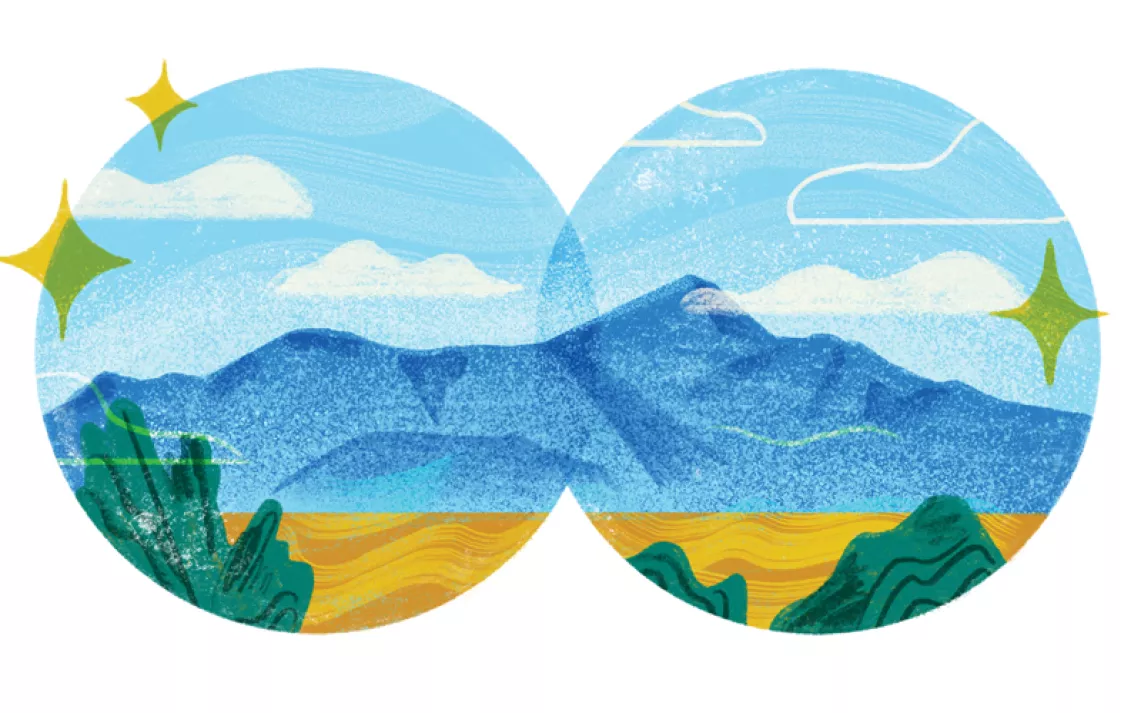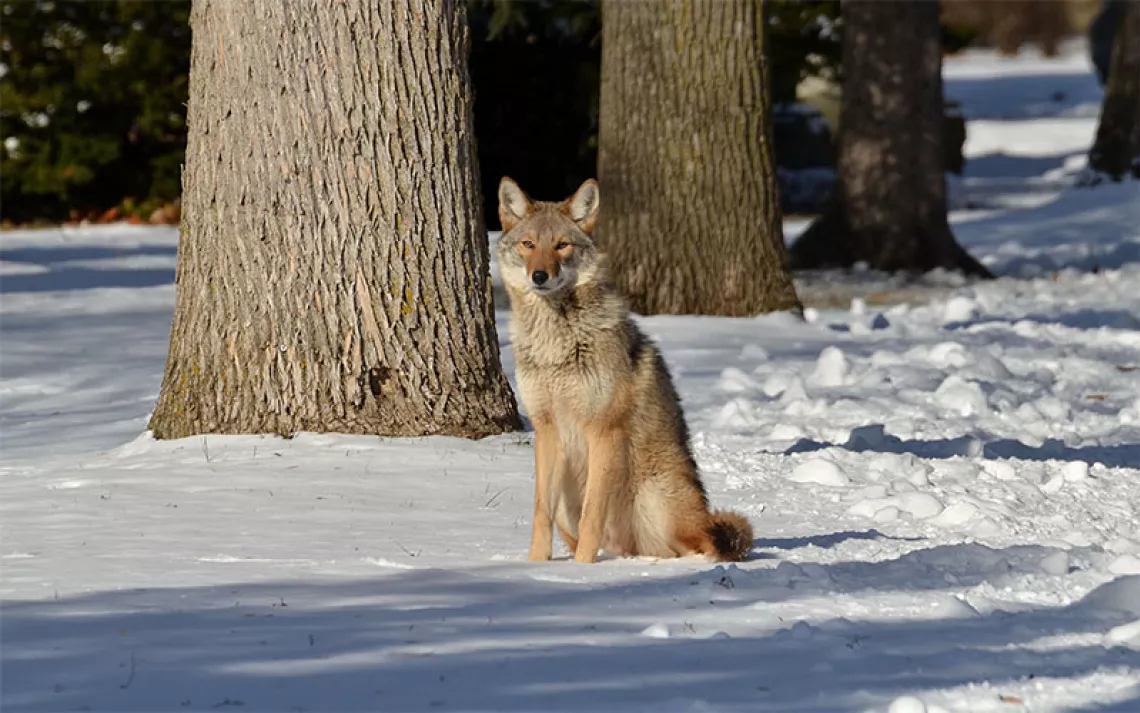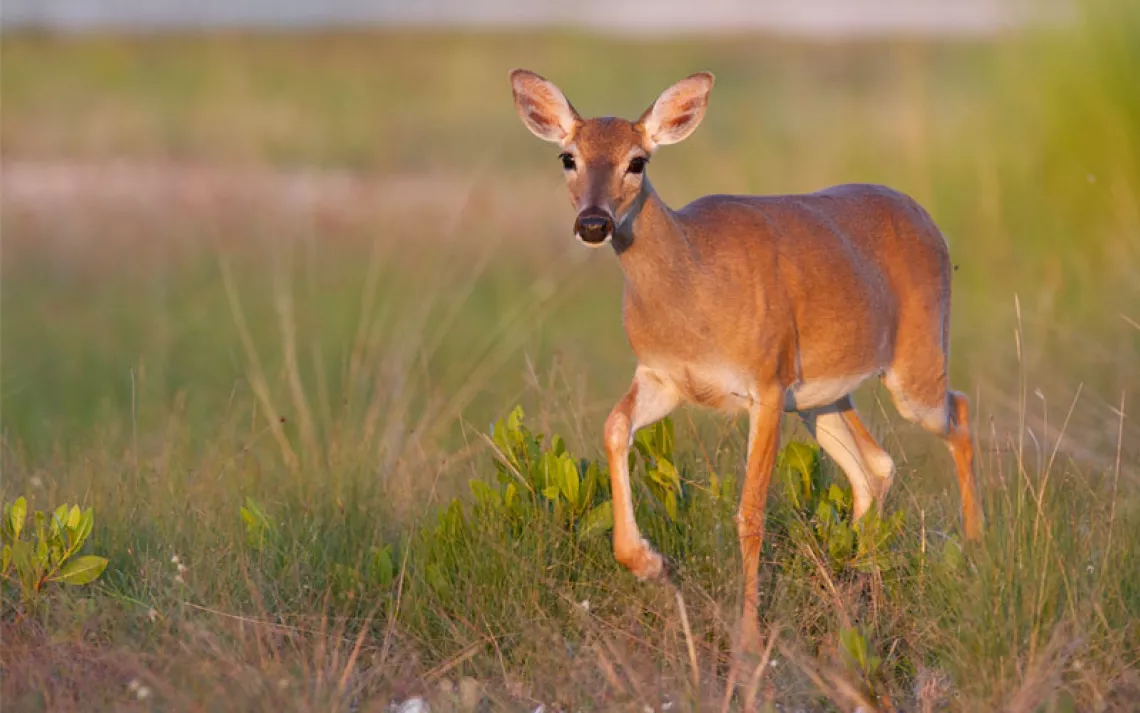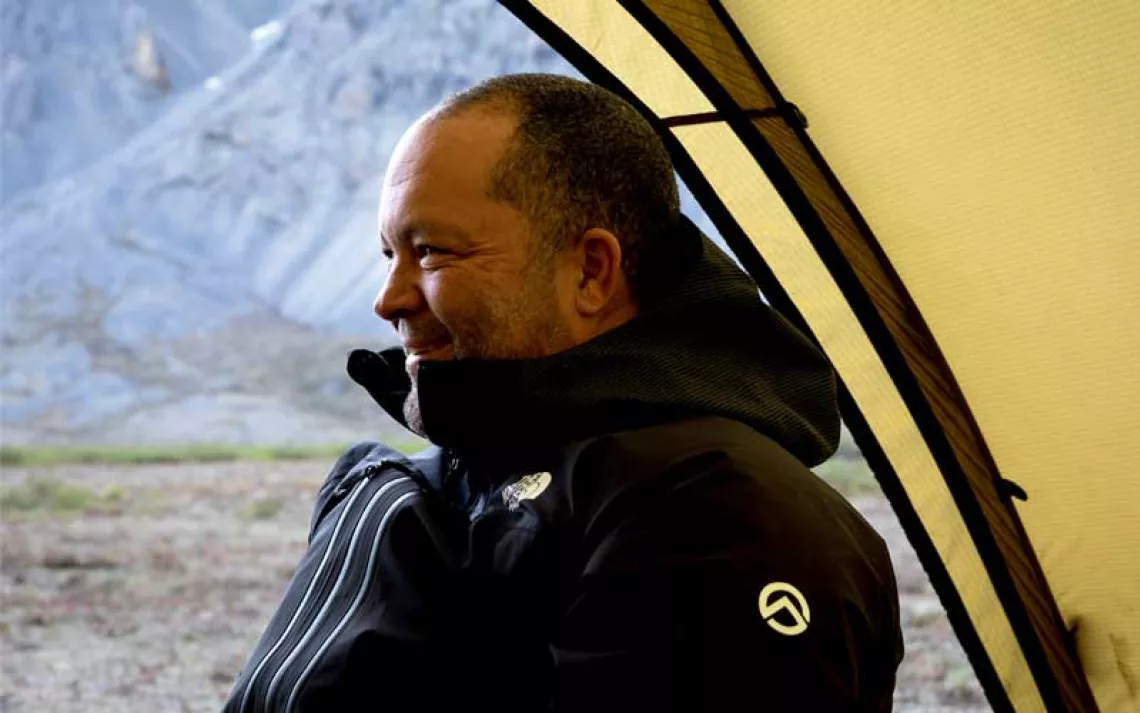Burger King Linked to a Whopping Million-Plus Acres of Deforestation
Half of Brazil’s savanna is already gone, and big soy has taken over
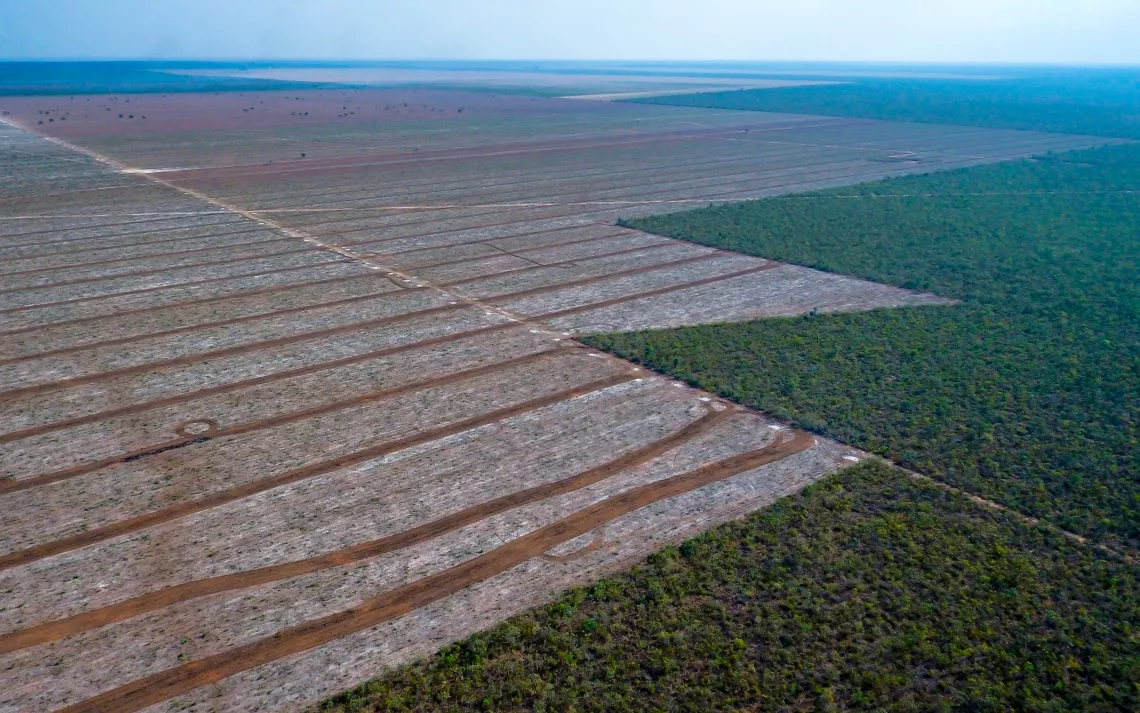
Deforestation in the Cerrado | All photos by Jim Wickens/Ecostorm
You might think soy is just a green, harmless alternative for those trying to steer away from meat and toward a plant-based diet. Not exactly: Three-quarters of the world’s soy is used for animal feed, and about half of it is exported from South America—grown on deforested land that has been cleared away for massive soy fields.
“The soybeans connected to deforestation are making their way to the feed of the chickens, pigs, and cows that people all around the world eat,” says Glenn Hurowitz, CEO of the campaign group Mighty Earth. “Almost every international company that sells meat has some connection to deforestation in their supply chain.”
Enter Burger King.
Using satellite and supply-chain mapping tools, Mighty Earth connected the fast-food giant to a whopping million-plus acres of forest-clearing. In its new report, “The Ultimate Mystery Meat,” the global campaign organization identified two of Burger King’s biggest soy suppliers as the culprits: Cargill, the largest privately owned company in the United States, and Bunge, one of the biggest players in South America.
“The destruction of tropical forests causes something around one-fifth of the world’s total climate pollution, and deforestation also threatens some of the most endangered species in the world,” says Hurowitz.
Ground zero for deforested land is the Cerrado, a 500-million-acre savanna in Brazil. Home to 5 percent of the world’s biodiversity, including threatened species like the jaguar and the giant anteater, half of it has been destroyed—mostly for soy production. In contrast, the Amazon—the Cerrado’s more-famous neighbor to the north and the focus of decades of conservation efforts—has seen a quarter of its ecosystem chopped down.
The Cerrado areas in which Cargill operates experienced more than 320,000 acres of deforestation between 2011 to 2015, while those in which Bunge operates had more than 1.4 million acres cleared. Not all of the deforestation was driven by soy, but much of it was, according to the report.
Also affected were forests in Bolivia, where Cargill and Archer Daniels Midland (ADM) are the major players. One of the most biodiverse countries in the world, Bolivia’s forests are home to thousands of plant and animal species, including three-toed sloths, macaws, and pink river dolphins. One report Mighty Earth cited places Bolivia’s deforestation rate at more than 700,000 acres per year from 2010 to 2015.
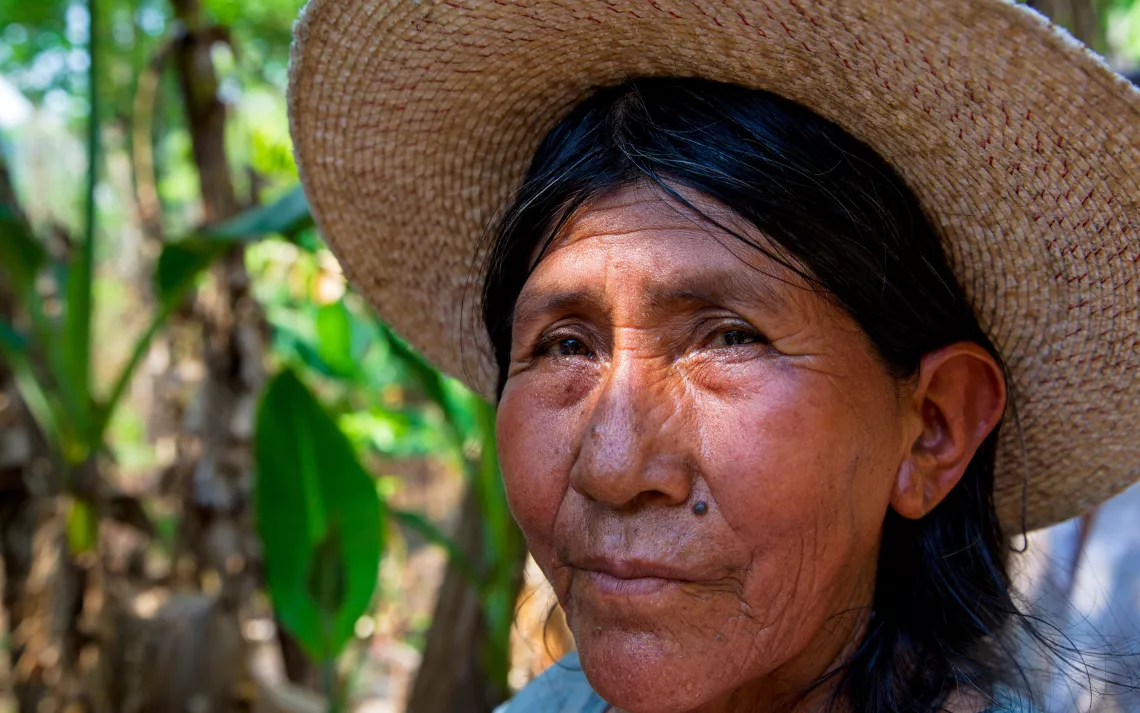
Woman left homeless by forest fires in the Santa Cruz region of Bolivia
Agribusiness isn’t only tearing away the homes of sloths and birds—it’s also uprooting human lives. In 2014, more environmental defenders were killed in Brazil than in any other country, according to Global Witness. Mighty Earth visited the Ayoreo indigenous community in Bolivia, which has been increasingly surrounded by soy fields and forced to endure planes spraying pesticides just a few hundred yards from their village. In the report, one member of the community speaks of an incident when several children died from drinking water contaminated with pesticides.
It’s not just the soy traders that are to blame—Burger King carries much of the responsibility. The company has no serious plan to eliminate deforestation from its supply chain; the “Corporate Responsibility” page of its website doesn’t mention deforestation or human rights. Last year, when the Union of Concerned Scientists scored the country’s biggest beef sellers on their deforestation commitments and practices, it gave Burger King a zero—well below competitors like McDonald’s and Wendy’s.
“The tragedy of the continued deforestation for me is it’s entirely avoidable,” says Hurowitz. “There are about 500 million acres of degraded land across Latin America where agriculture can be extended without impacting native ecosystems.”
In fact, the Soy Moratorium, a voluntary zero-deforestation agreement enacted in 2006 and renewed indefinitely last year, brought clearcutting in the Amazon to historically low levels. (There was an uptick in the rate there last year.) But while deforestation in the Amazon plunged, agricultural production expanded. Mighty Earth and others point to the Soy Moratorium as a win-win for all stakeholders; they, as well as José Sarney Filho, Brazil’s minister of the environment, want to extend the moratorium to include the Cerrado.

Make every day an Earth Day
Get articles like this one sent directly to your inbox.
With this action you affirm you want to receive Sierra Club communications and may vote on policy designated by the Sierra Club Board.
Since the report’s release last month, Burger King, Cargill, and Bunge have been tight-lipped. They still have not come out in support of extending the Soy Moratorium to the Cerrado or beyond. The report cites Abiove—the Brazilian soy trade organization that represents Cargill, Bunge, and others—which said in October that “there is no crisis that justifies a [soy] moratorium in the Cerrado.”
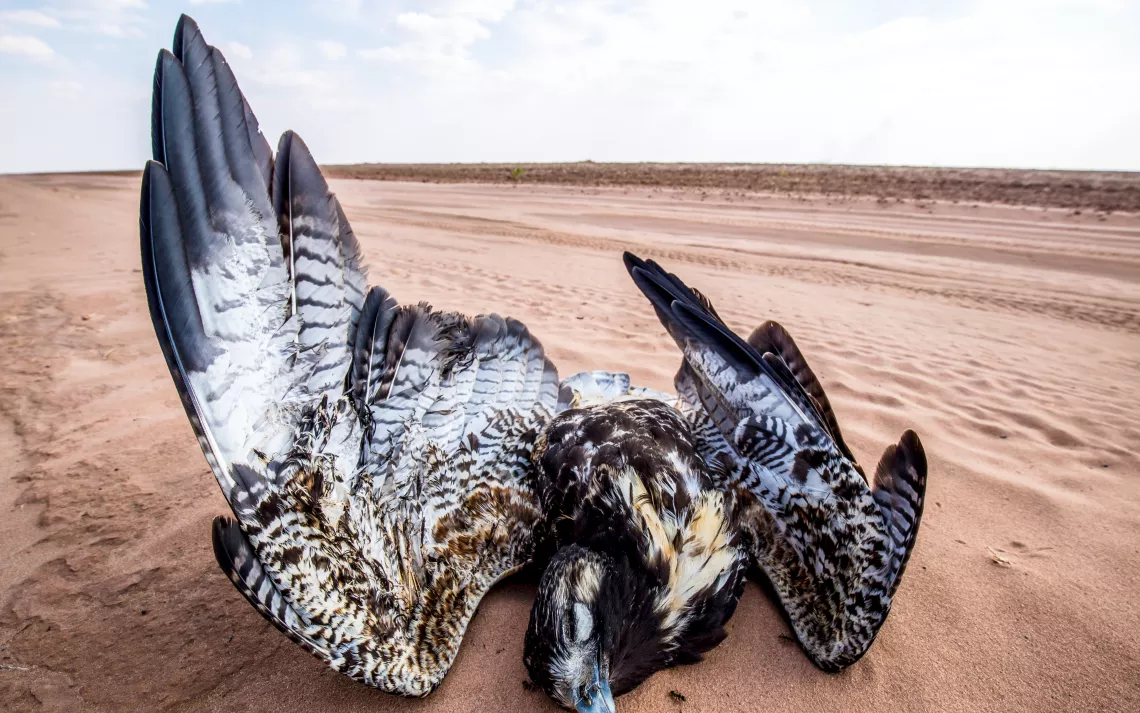
Dead hawk surrounded by forest clearance in Brazil
Hurowitz decries Cargill’s past declarations against deforestation as “green-washing.” The company signed the New York Declaration on Forests as part of the 2014 UN Climate Summit; the declaration called on the private sector to eliminate deforestation from the production of agricultural commodities like soy and palm oil by 2020. However, Cargill’s website describes a less ambitious goal, saying the company is working to cut its deforestation in half by 2020 and eliminate it by 2030. Hurowitz says 2030 is far too late; if Cargill chopped down hundreds of thousands of acres in South America over five years, think of how much it could do in 13. Cargill’s 2017 forest report is similarly disappointing; when detailing the company’s progress with regard to reducing its deforestation, it focuses on its support for Brazil’s Rural Environmental Registry, or CAR, a government agency that likely won’t begin enforcing its forest code until December.
Bunge, to its credit, seems to have slightly better policies than Cargill when it comes to deforestation—but it’s not clear whether those policies have had any positive impact on its practices. It has worked with the Nature Conservancy since 2013 to identify suitable lands for expansion, but has given itself until “between 2020 and 2025” to completely eliminate deforestation from its supply chain. Bunge’s website makes no mention of the Cerrado or any other South American forests besides the Amazon as places where it won’t expand.
Bunge says Mighty Earth’s report is misleading and overstates the potential impact that any of its actions alone would make on the soy industry and South America’s forests. “Deforestation is a complex problem related to global market demand, economic development, property rights, and a lack of sufficient compensation for land owners—from the marketplace or from governments—that would provide incentives to conserve the environment,” writes a representative. “Controlling it will require government, industry, farmers, local communities, and civil society to develop new systems. Bunge will continue to be an active participant in these efforts.”
Neither Cargill nor Burger King responded to requests for comment.
What can you do? Sign Mighty Earth’s petition, for starters. And then take a field trip.
“We really strongly encourage people to go to their local Burger King and talk to the manager about what’s happening, and ask them to contact corporate headquarters,” says Hurowitz.
In other words, instead of ordering a burger, order some change.
 The Magazine of The Sierra Club
The Magazine of The Sierra Club
